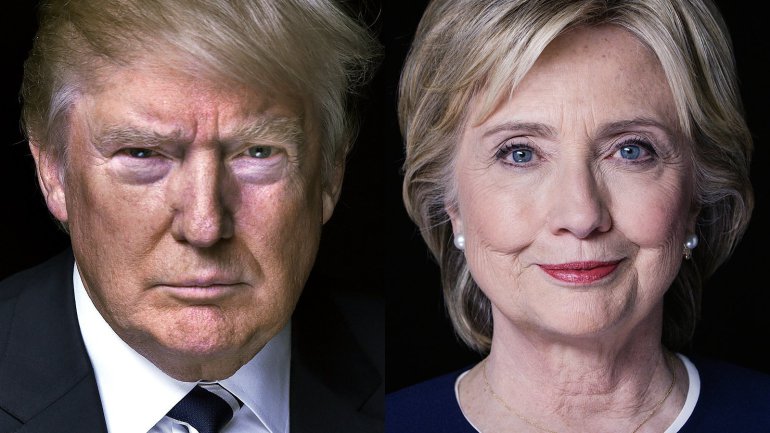
HO CHI MINH CITY—Tomorrow will end one of the most bizarre and polarizing election cycles in American history.
The candidates from the two leading parties are deeply unpopular (with good reason). And Evangelicals are deeply divided over how they should vote—or if they should vote at all.
Considering that the Bible has little to say about electoral politics (they didn’t have elections back then), here’s some wisdom from John Wesley:
I met those of our society who had votes in the ensuing election, and advised them, 1. To vote, without fee or reward, for the person they judged most worthy; 2. To speak no evil of the person they voted against; and 3. To take care their spirits were not sharpened against those that voted on the other side. (From The Journal of John Wesley, October 6, 1774)
Whether you will be voting tomorrow in the United States elections or voting in a highly contested election somewhere else in the world, here’s how we can take Wesley’s wise advice to heart.
1. Vote for whom you think is most worthy. A simple yet often forgotten point about voting. It’s your vote; so you decide. Don’t worry about the pundits. Don’t worry about pleasing your peers. Don’t worry about pleasing your pastor. Vote for whom you think is most worthy—whether they are a Republican, Democrat, Independent, or a write-in.
2. Speak no evil of the candidate you voted against. In an election season when most people feel that they are in fact choosing between the “lesser of two evils,” it can be tempting to justify your vote by simply describing how “evil” the other candidate is. But as Christians, we are called to a different standard. Our words, even when critiquing a candidate, need to be full of grace. And our attitude should be that of humility—recognizing that apart from God’s grace, we are no better or less sinful than even the most corrupt and morally bankrupt candidate.
3. Do not sharpen your soul against people who voted differently than you. I can’t tell you how many times I have heard people say: “I don’t know how someone who calls themselves a Christian can vote for _______.” If you find yourself saying or thinking that, I would suggest that either your circle of friends is too small—or that you’ve spent too much time on the echo chamber of social media, where you usually only see the newsfeeds of people who think just like you. I guarantee you that people in your local church are not all voting for the same person. Even if you’ve wrestled and prayed over your decision and feel that it is the best vote a committed Christian can make, know that other committed Christians, who have put in similar thought and prayer, will be voting for another candidate (Ed Stetzer has compiled a series of opposing viewpoints from prominent evangelicals that you can view here). Guard your heart from pride and don’t allow the vitriol and disunity of the culture to creep into the church.
As I have said to my church on many election days in the Philippines, we may have a new president; but Jesus is still King. So let’s live (and vote) like it.